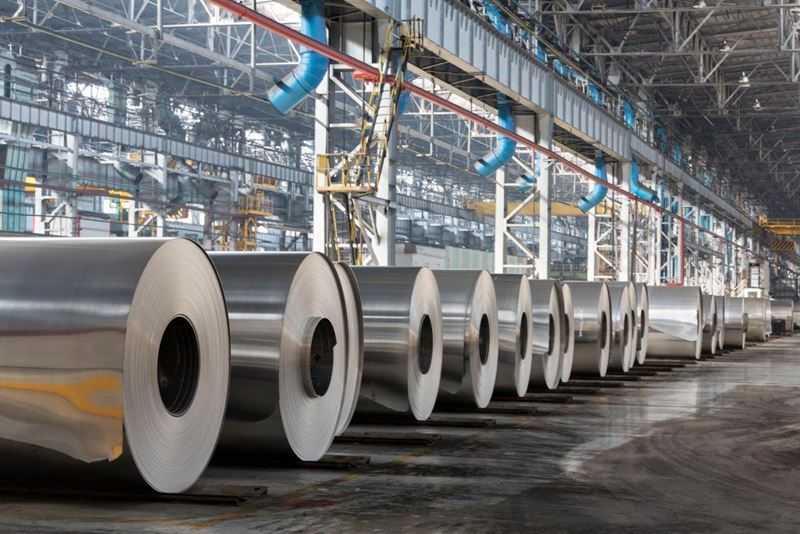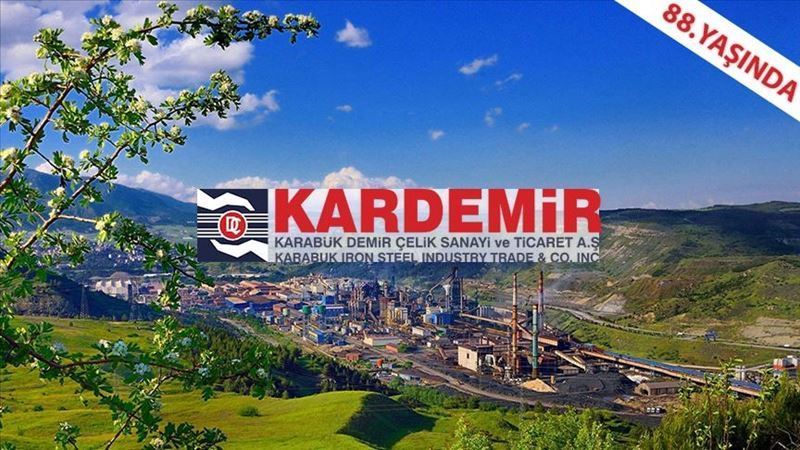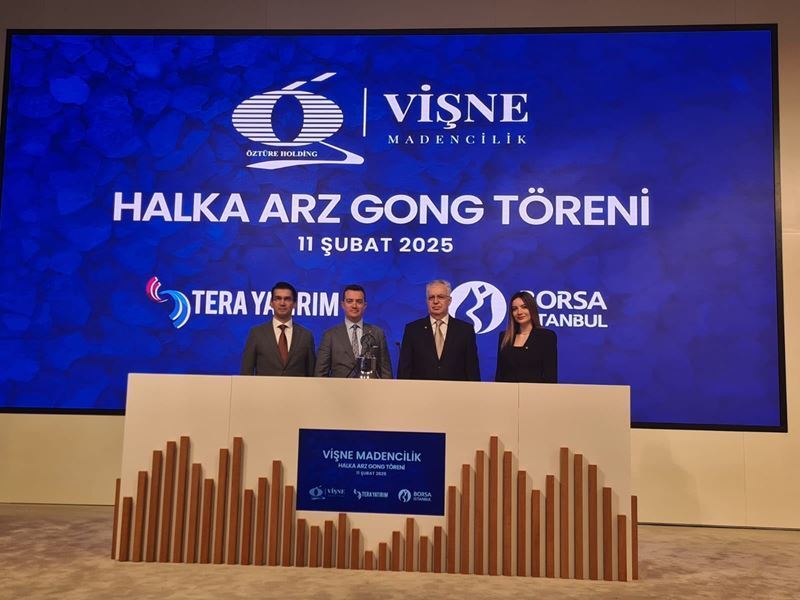According to the report, which evaluates the filling rates of B steel quotas, Türkiye has fully utilized its quotas for railway materials and hollow sections. Similarly, South Korea has fully utilized the quotas allocated for HRC, China for sheet pile, seamless stainless pipe and 3B silicon steel sheet.
On the other hand, some countries have not used their allocated quotas at all. South Korea and Iran are among the countries that have never used their 3A silicon steel sheet quotas. This discrepancy shows that the steel industry is on a delicate balance at a time when demand in global steel markets is stable, but there are significant differences between countries and product categories.
The pace of filling the EU's quota allocations for the global steel market is still slow. Some countries such as China, Türkiye and South Korea are fully utilizing their allocated quotas. In general, however, demand is still weak.
According to recent assessments, imbalances in the EU steel market persist. This is an important factor for steel producers and consumers. The steel industry is a dynamic field due to the complexity of international trade and close monitoring of market conditions is of paramount importance.













Comments
No comment yet.